Life
Sign up for our newsletter
We summarize the week's scientific breakthroughs every Thursday.
-
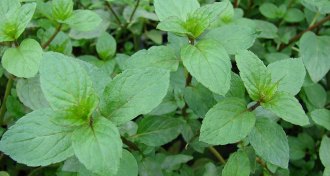 Plants
PlantsPlants suck in nicotine from nearby smokers
Peppermint plants can build up nicotine from tobacco dropped on their soil or smoked indoors.
By Susan Milius -
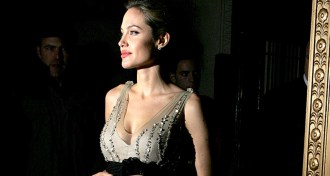 Science & Society
Science & SocietyThe Angelina effect should be about knowing your cancer risk
Angelina Jolie’s public message about her medical decisions related to cancer is about knowing your risks for disease, not hers.
-
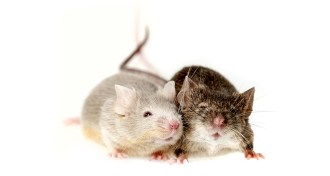 Neuroscience
NeuroscienceSerotonin and the science of sex
Some scientists say that low serotonin makes male mice mate with males and females. Others disagree. In the end, it’s not about sexual preference, but about how science works.
-
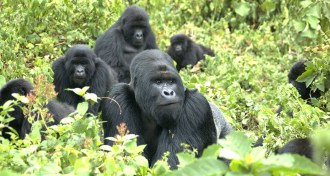 Genetics
GeneticsMountain gorilla genome reveals inbreeding
Mountain gorillas are highly inbred, with good and bad consequences.
-
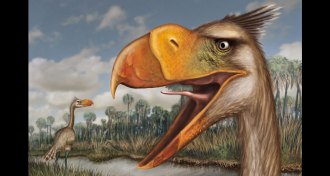 Paleontology
PaleontologyFossil reveals terror bird’s power
Bones of a new terror bird confirm the creatures used their beaks to hatchet their prey but also raise questions about what drove the birds extinct.
-
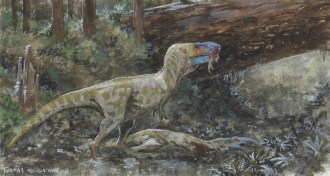 Paleontology
PaleontologyTyrannosaurs fought and ate each other
Evidence from a tyrannosaur skull and jaw fossils add to the argument that the ancient reptiles fought and weren’t above scavenging their own.
-
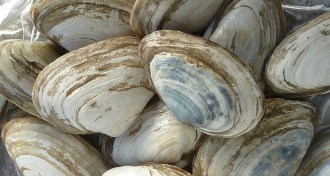 Genetics
GeneticsContagious cancer found in clams
A soft-shell clam disease is just the third example of a contagious cancer.
-
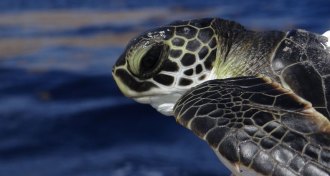 Animals
AnimalsTiny sea turtles are swimmers, not drifters
Young green and Kemp’s ridley sea turtles moved in different directions than instruments set adrift in the sea, which shows the animals were swimming.
-
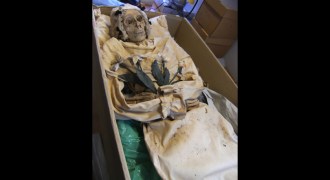 Genetics
GeneticsMummies tell tuberculosis tales from the crypt
Hungarian mummies contracted multiple strains of tuberculosis at the same time, researchers find.
-
 Animals
AnimalsDealing with droughts, museums going digital and more reader feedback
Readers share their experiences with dry weather in the U.S., discuss how humans mentally sort quantities and more.
-
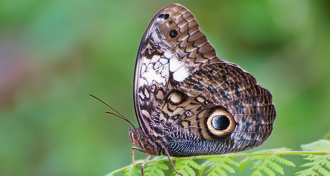 Life
LifeIt’s true: Butterfly spots can mimic scary eyes
Contrary to recent studies, the old notion that butterfly wing eyespots evoke predator eyes may not be so old-fashioned after all.
By Susan Milius -
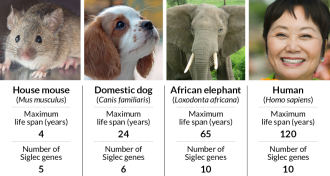 Genetics
GeneticsAnti-inflammation genes linked to longer lives
Inflammation-dampening genes fight oxidants and promote longer life spans.